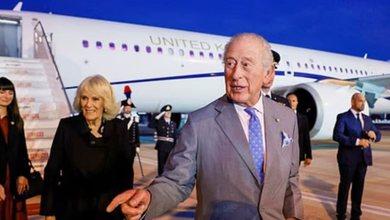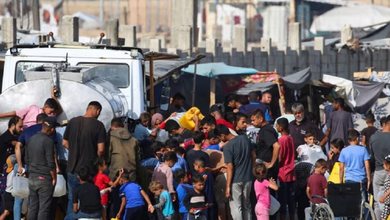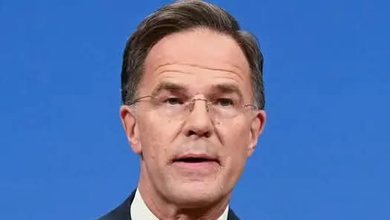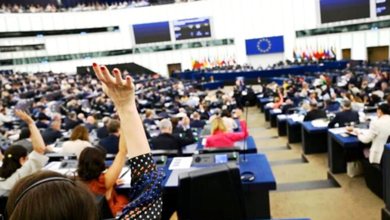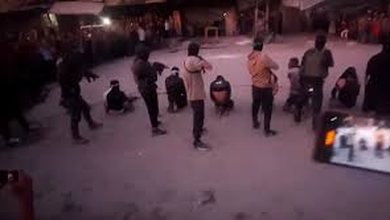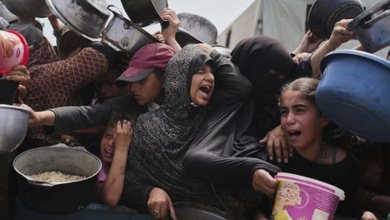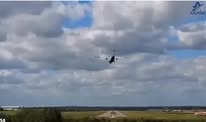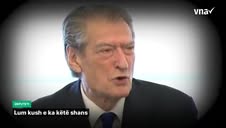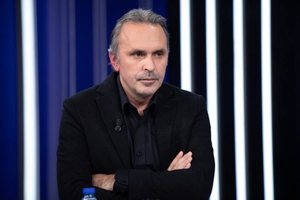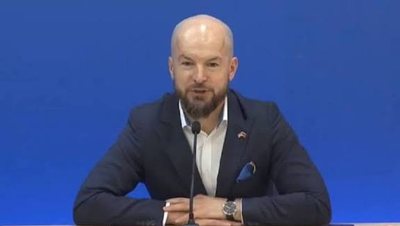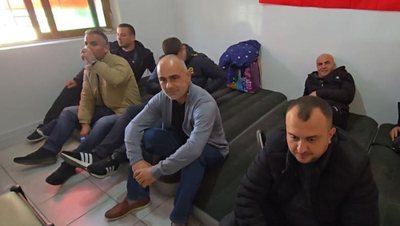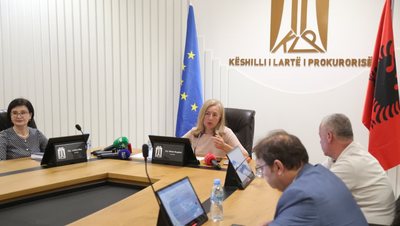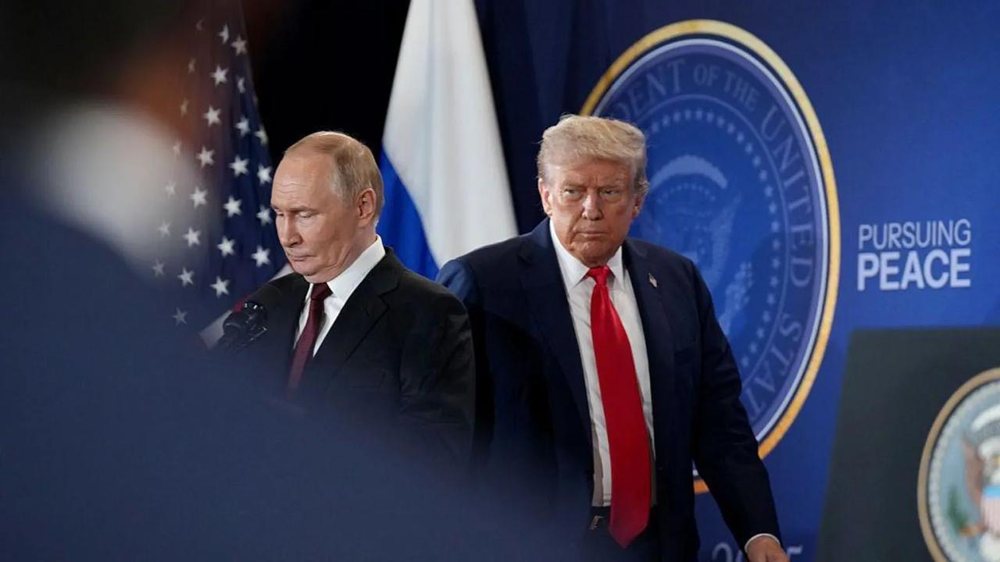
The United States has announced a new package of sanctions targeting Russia's two largest oil companies - Rosneft and Lukoil - in an attempt to force the Kremlin to accept a peace deal in Ukraine.
The announcement came a day after US President Donald Trump said his planned meeting with Russian counterpart Vladimir Putin in Budapest would be postponed "indefinitely".
"Every time I talk to Vladimir, we have good conversations, but they don't go anywhere," Trump said.
Although the economic impact on Russia is expected to be limited, the decision marks a major shift in foreign policy by Trump, who had previously said he would not impose sanctions until European countries stopped buying Russian oil. For its part, the Kremlin declared that Russia is “immune to sanctions.”
According to US Treasury Secretary Scott Bessent, the measure was taken because of Putin's "refusal to end this senseless war." He added that Rosneft and Lukoil finance the Kremlin's "war machine."
Russia exports about 3.1 million barrels of oil a day, with Rosneft alone accounting for nearly half of the country's output - about 6% of global oil output, according to British government estimates. Moscow's biggest customers remain China, India and Turkey. Trump has called on these countries to stop buying Russian oil to increase economic pressure on the Kremlin.
India, according to Reuters, is expected to significantly reduce imports of Russian oil following the US decision, while China has stated that it opposes the US sanctions.
Ukrainian President Volodymyr Zelensky called the decision "a good signal" from Washington and said a ceasefire was possible if other countries followed suit.
Trump, for his part, criticized Putin for his lack of seriousness in peace negotiations, adding:
"I felt it was the right time. We've waited too long," he said, calling the package "extraordinary" and hoping it would be withdrawn once Russia stopped the war.
The decision comes after a tense diplomatic period, in which Trump refused to give Ukraine long-range Tomahawk missiles, arguing that they require a year of complex training. Meanwhile, on the ground, Russian attacks on Kiev have left at least two dead, while the previous day's bombings killed seven people, including children.
The International Atomic Energy Agency also announced that electricity has been restored to the Zaporizhia nuclear power plant after a 30-day outage, calling it "a crucial step for nuclear safety."


